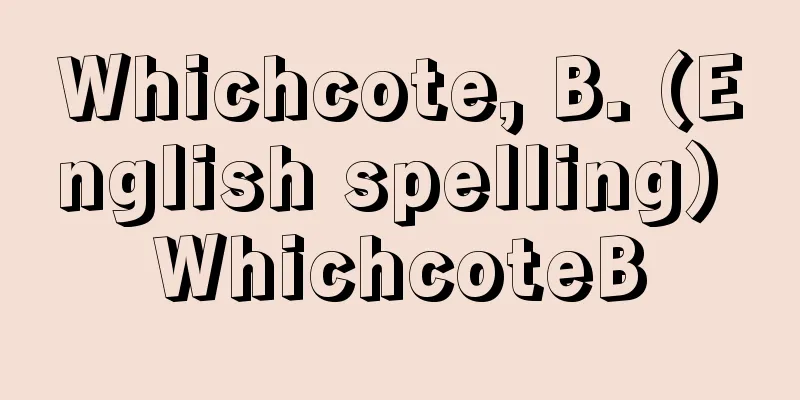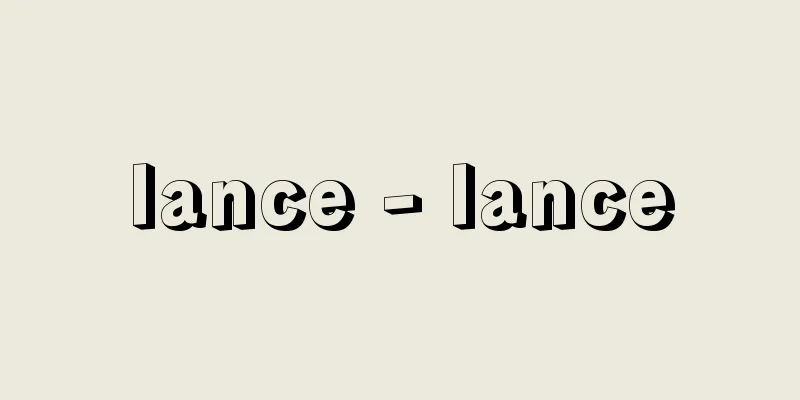Independence Order - Dokuritsu Meirei

|
An order is issued independently of law, neither for the purpose of implementing the provisions of law nor based on delegation of law. Under the Meiji Constitution, which established the sovereignty of the Emperor, it was issued with the abstract purpose of "maintaining public peace and order and promoting the happiness of the people." However, it is not recognized under the Constitution of Japan, which adopts the principle of popular sovereignty and designates the Diet as the only legislative organ. [Yasuhito Abe] [Reference] |Source: Shogakukan Encyclopedia Nipponica About Encyclopedia Nipponica Information | Legend |
|
法律の規定を実施するためでもなく、法律の委任に基づくものでもなく、法律から独立に発せられる命令。天皇主権をとる明治憲法の下では「公共の安寧秩序を保持し臣民の幸福を増進する」という抽象的な目的で発せられたが、国民主権主義をとり、国会を唯一の立法機関とする日本国憲法では認められていない。 [阿部泰隆] [参照項目] |出典 小学館 日本大百科全書(ニッポニカ)日本大百科全書(ニッポニカ)について 情報 | 凡例 |
>>: Independent Review - DOKURITSHYORON
Recommend
Avenarius - Richard Avenarius
German philosopher. Professor at the University o...
Antilles gecko - Antilles gecko
…About 670 species are distributed widely in the ...
Variable capital
The part of capital invested in production whose v...
décollage (English spelling)
...It goes without saying that collage is also us...
Skaði - Ska i
... Njörðr the Van god is the god of fertility an...
Kaminaga Ryougetsu - Kaminaga Ryougetsu
…Enka began to change from hard-line to soft-line...
pricewage spiral
…If such a high inflation rate continues for a lo...
Joint techniques - Kansetswaza
A type of judo hold. Also called a "reverse t...
Complete fracture - Kanzenkossetu
…When a bone has some kind of abnormality and a f...
Long-legged shrimp - Long-legged shrimp
...It is distributed in the Kuril Islands, Sakhal...
BWU
... In the 1970s, anti-whaling movements grew wor...
Eskimo - Eskimo (English spelling)
A hunter-gatherer people of the far north. Their ...
Chinese - Kango
In Japan, it refers to Chinese-originating ideogr...
American New Cinema
...This expression was first used in the American...
Yu Fān (English spelling)
164‐233 A scholar of the Three Kingdoms Dynasty of...









